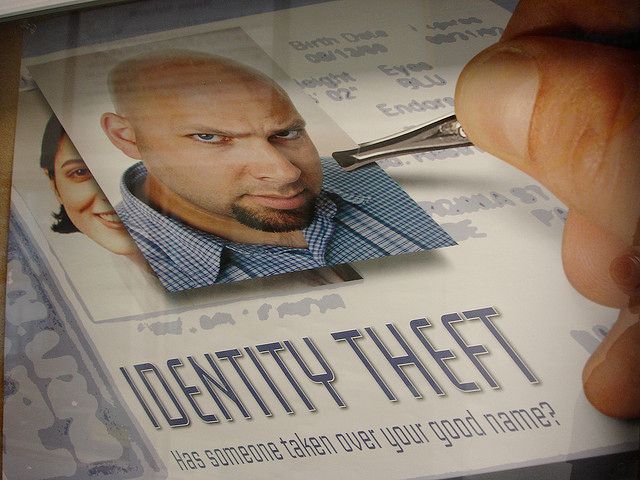Legal Topics

Identity Theft
Identity theft is a growing issue in the modern world. As a criminal act, identity theft refers to using someone else's personal information--such as their name, account number, or credit card information--without permission for the purpose of committing fraud and other crimes.
While identity theft can include physically impersonating someone for criminal gain, it is more common for such acts to be based on illegal access to another person's electronic records or account information. The most common attack is to steal a person's Social Security number, name, and birthdate, which most security protocols rely on for authorization. Other common methods include email scams (or "phishing"), unintentional downloads of malware and spyware, and browsing through social networking profiles for personal details and data.
Proving identity theft requires diligent examination of one's documents and accounts. Being able to categorize irregularities--like unauthorized payments or charges--is key to determining the pattern behind identity theft and where you're most vulnerable. A fraud alert can be placed on a vulnerable account or credit card, so that when it's illegally used again, the authorities can follow the source of the attack.
You should always immediately report signs of suspicious activity to the proper authorities and ensure that you have a good attorney for legal counsel and aid in handling an identity theft case. Consider going to Lawyers.com to find a suitable attorney for your needs.
To prevent identity theft is more difficult, but not impossible. The most important thing to remember is to keep your access secure, which means protecting your PIN, Social Security, and credit card numbers. If you frequently use online accounts, be sure to change your passwords just as often. You can also obtain monthly statements from banks and credit card providers to check for unauthorized payments and account errors, which of course should be reported immediately. Finally, in the event that a loved one passes away, you can protect their identity from being stolen by keeping their personal documents in a safe and secure place.
If you fall victim to identity theft, you can easily find resources for help and reporting. One non-profit that provides victim counseling is the Identity Theft Resource Center. You can also consult the government website on identity theft or the Consumer Information page provided by the Federal Trade Commission.
Image by Clint Chilcott on Flickr
Current Topics
1. How to Choose the Best Personal Injury Lawyer in the USA?
A personal injury lawyer...
2. How to Find the Right Attorney and Choose the Best Lawyer
Finding the right attorn...
3. Healthcare Compliance Rules Every Legal Pro Must Know
Here's the thing. Health...
4. AI ChatGPT Tools in Artificial Intelligence for Lawyers
The world of law is evolving at a pac...
5. What Are the Employment Laws Protecting Worker Rights?
In contemporary jobs, it...
6. Financial Resilience Explained for Stability & Success
Money is so cumulative i...
7. What Are Gig Economy Jobs? Legal Rights You Must Know
The way people work has changed drama...
8. Rights & Mediator's Role in Pregnancy Child Support 2025
The first idea that will come to the ...
9. Digital Courtrooms: VR Evidence & Remote Trials in 2025
Once upon a time, courtrooms were all...
10. How to Find a Good Lawyer Made Simple for Beginners
The first question that ...
